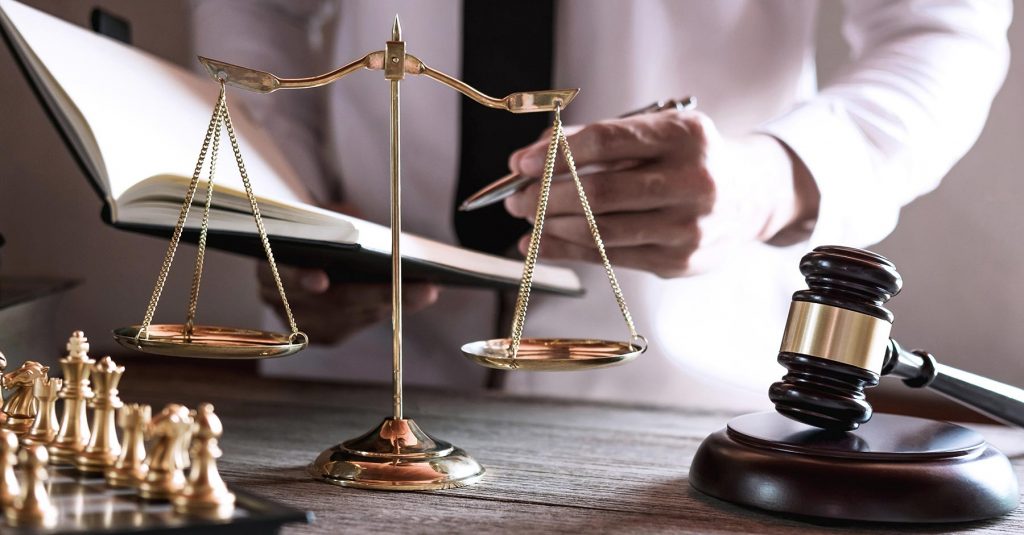On December 22, 2021, New York Gov. Kathy Hochul signed Senate Bill 1780C, which allows the state’s notaries to conduct remote online notarizations (RON). The law is slated to be effective on June 20, 2022. When New York notaries start completing RONs mid-year, New York will be the 38th state to allow the use of this notarization technology.
What is a RON?
Remote online notarization is a fully digital experience that mirrors the traditional notarial act. A signatory appears before a notary on a video call, and together, they complete, sign, and notarize the document. Each video session is recorded and retained along with an audit trail of the transaction. The signatory only connects with a notary after completing several additional security measures, including personal identity challenge questions and credential analysis of their government-issued ID, e.g., a passport or driver’s license. These features bolster the security of the notarial act, which has long been a concern of stakeholders opposed to RONs.
Next Steps
The legislation requires the New York Secretary of State to provide regulations setting forth standards for ensuring the audio/video conference used for the notary session is secure, the notary session is conducted in real time and the notary can communicate with and identify the signatory at the time of the notarial act. The to-be announced signatory identification verification process in New York is expected to require the signatory to correctly answer a certain number of knowledge-based authentication questions within a set period of time (e.g., what address have you never lived at, what is the approximate current balance of your mortgage, etc.). The knowledge-based authentication questions are generated from a U.S. Social Security number, which could create obstacles for foreign nationals. An issue that has not been resolved quite yet.
New York notaries who conduct RONs will need to keep a recording of the session for ten (10) years with a record of the type of identification shown to the notary. Notaries will also need to register with the New York Department of State to perform RONs and RONs can only be performed when the notary is physically located in New York (although signatories can be outside of the state).
As you may recall, before the Governor signed this bill, New York had previously approved an emergency COVID measure via an Executive Order that authorized the temporary use of RON, remote ink-signed notarizations (RIN), and video conference authorization, which expired at the end of December 2021. This new law to permit electronic notarization will make mortgage closings, loan modifications, and other legal and financial transactions more accessible and convenient for customers, lenders, lawyers, and loan servicers. RONs are another step towards the adoption of entirely digital closings in the larger mortgage, real estate, and financial spaces.



